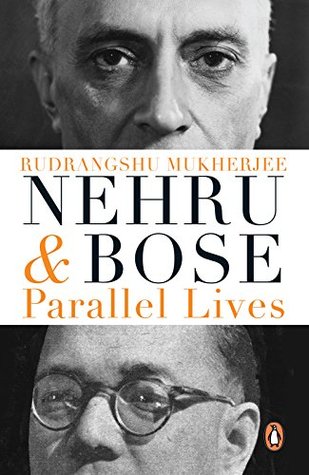Jawaharlal was opposed to fascism (and of course to its most virulent form, Nazism) since its inception in Europe. He read the fascist movement—it so happened, rightly—as the greatest threat to hard-won democratic liberties. He made no secret of this opposition—his writings of the 1930s are replete with his condemnation of fascism as are his letters on history that he wrote to his young daughter. Subhas did not share this antipathy. He saw Mussolini as a great man who represented the aspirations of the age. He met him a number of times and sought his advice. His admiration for Mussolini ran so
...more
This highlight has been truncated due to consecutive passage length restrictions.


